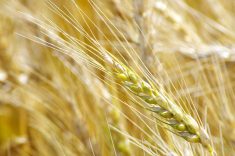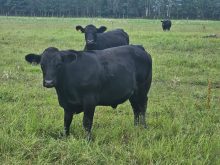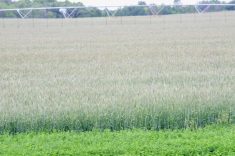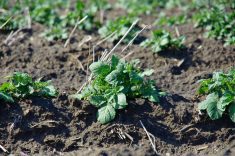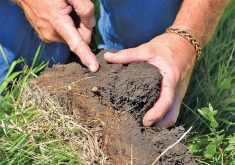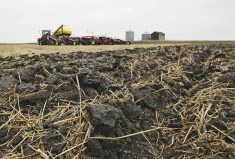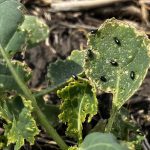Farmers in Western Canada received good marks for increasing organic matter in their soil but a grade of D when it comes to cover cropping.
The Soil Conservation Council of Canada released its first national soil health report card this spring — the first attempt to evaluate the state of Canada’s soil since the 1980s.
The grades are based on farmer changes made over the past five to 10 years, soil conditions, and whether organic matter levels have improved. The evaluation is a collaboration between the council and two soil science professors from the University of Manitoba, Mario Tenuta and David Lobb.
Read Also
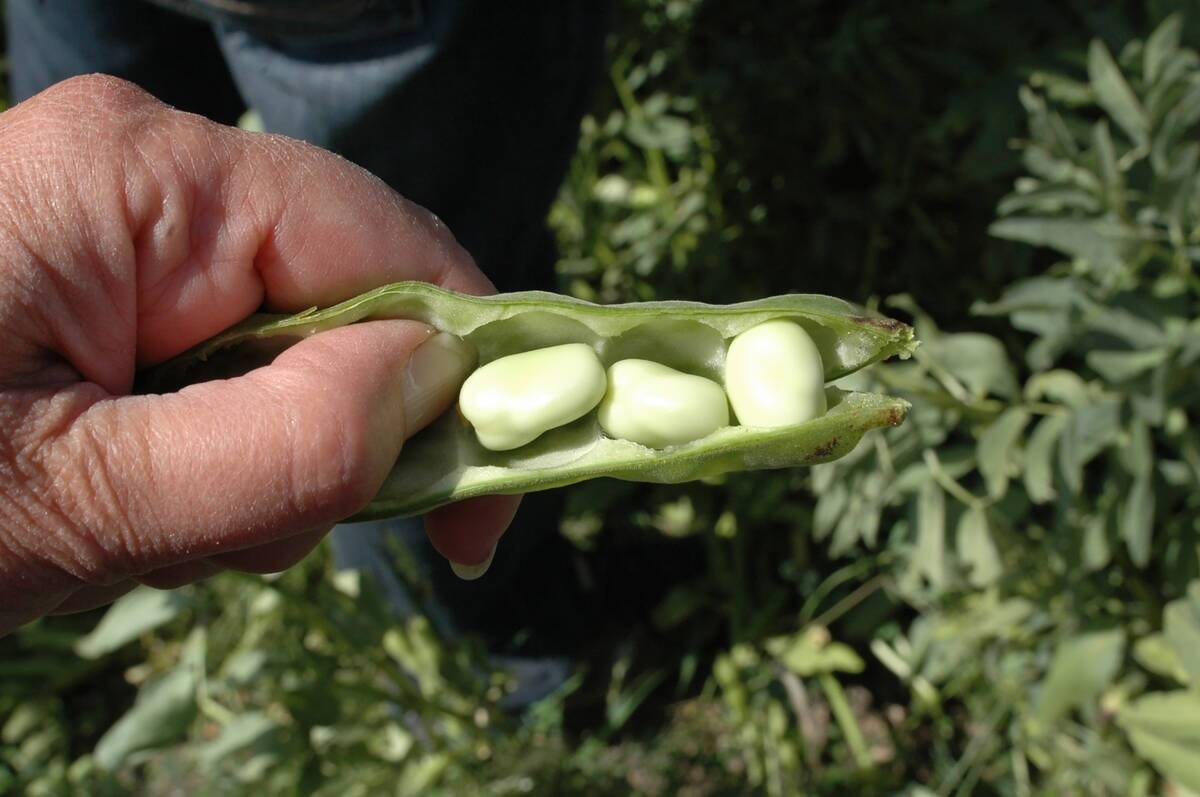
New crop insurer policy enables easier startup for faba beans
Agriculture Financial Services Corporation updated its normals for faba beans, which may open the door for more Canadian producers to feel comfortable growing the pulse crop in the future.
“It wasn’t in terms of hard data, but just from my experience and research, extensions and outreach to farmers and the industry, an idea of what’s happening in different regions in Canada and trying to synthesize that information,” said Tenuta.
According to Agriculture and Agri-Food Canada, levels of organic matter are increasing in the West, which earned farmers in this half of the country a grade of A. However, farmers in the East showed greater interest in cover crops and intercropping, earning a B (versus a D in the West).
Western farmers received a B+ for their awareness of soil health issues, 4R nutrient management and biological diversity. They would have received an A in the last category if more producers were using longer rotations.
It’s hoped the report card, which will be issued annually, will spark improvements in soil health across Canada by keeping the issue in the mind of farmers, policy-makers, governments and researchers.
“The whole idea is a trajectory of improving awareness and understanding by farmers and industry members,” said Tenuta.
“Improving the research, the intensity of the research, the amount of the research and the diversity of the research of soil health across Canada and then implementation and practice.”
The last time the state of Canada’s soil was analyzed was in the 1980s — which led to a report called Soils at Risk. Lobb said he hopes the current Senate will revisit the topic.
“I would argue that every province and every region should look at what they’re doing and whether or not they need to be doing more,” he said.
“This should hopefully provide information for that type of discussion.”



